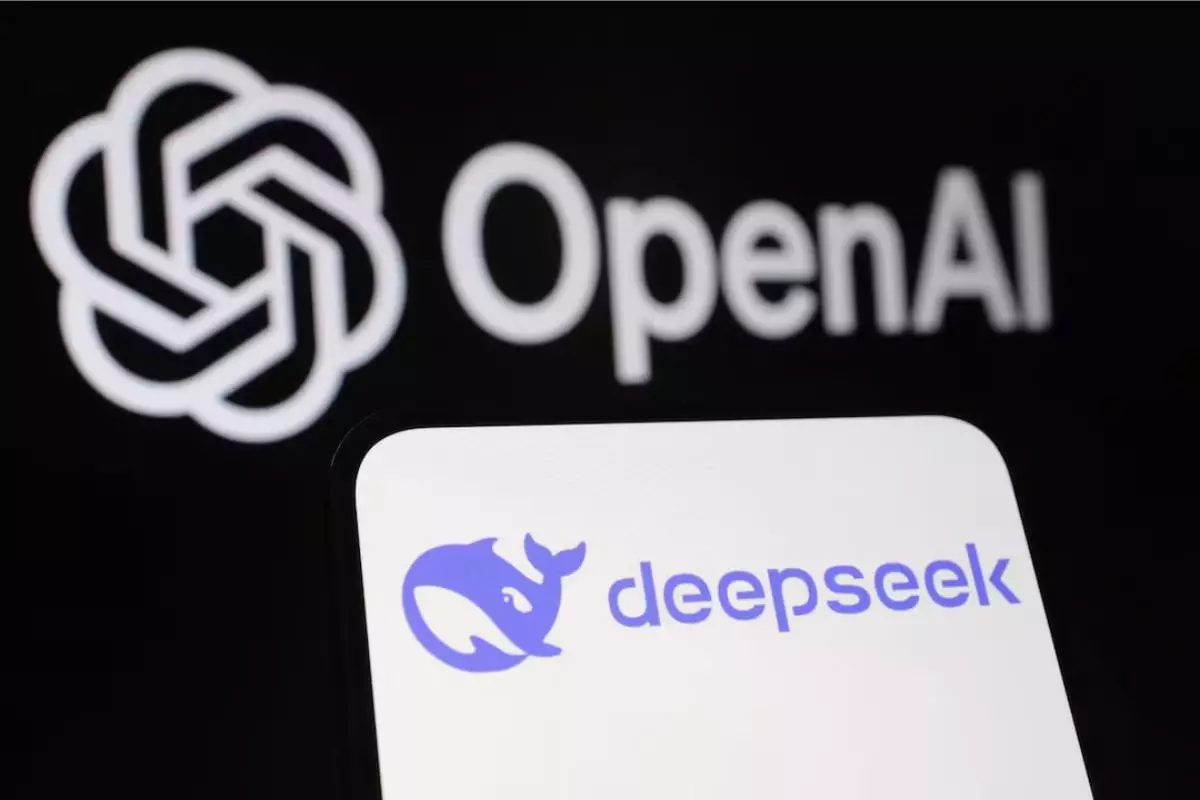The landscape of artificial intelligence is perpetually evolving, and the recent emergence of DeepSeek’s R1 model has stirred considerable controversy within the AI community. OpenAI, a prominent player in this field, has raised concerns that DeepSeek may have illegally utilized its AI models to develop their own offerings. This situation presents a critical examination of the ethics surrounding machine learning and the competition that characterizes this burgeoning industry.
According to reports, OpenAI has accused DeepSeek of distilling its proprietary AI models. Distillation, in this context, refers to the process of transferring knowledge from a larger model to a more lightweight counterpart. OpenAI asserts that there is tangible evidence showing that some users were leveraging its API outputs to create the R1 model, a claim that raises ethical questions about the ownership and usage of AI-generated content. This allegation implies a possible breach of trust and intellectual property, particularly when considering the competitive friction in the AI market.
In response to the accusations, DeepSeek has released the R1 model as open-source software on reputable platforms such as GitHub and Hugging Face. This move allows developers to inspect and modify the model, which can foster transparency and collaboration within the AI community. However, it also underscores the delicate balance between innovation and ethical practice. While open-source models provide opportunities for collaborative advancement, they also raise concerns about how proprietary technologies might be misappropriated.
The crux of OpenAI’s allegations centers on the potential misuse of its API, where competitors can generate vast outputs from its models. This method could theoretically produce datasets that resemble the outcomes produced by OpenAI’s algorithms, allowing for the reverse engineering of sophisticated AI systems. OpenAI and its cloud partner, Microsoft, have taken steps to limit access to their API based on these suspicions. However, the effectiveness of these measures remains questionable in an environment where technology evolves rapidly, often outpacing regulatory frameworks.
If OpenAI’s claims are substantiated, the implications for the AI industry could be profound. It highlights the need for robust regulations that govern the ethical deployment of machine learning technologies. Furthermore, the incident accentuates the necessity of fostering an open yet protected space for innovation. While competition in AI is vital for progress, it must occur within a framework that respects intellectual property rights and promotes fair play.
The tensions between OpenAI and DeepSeek illuminate broader issues of ethics, ownership, and collaboration in the realm of artificial intelligence. As the industry continues to grow, stakeholders must prioritize responsible practices that not only protect intellectual property but also encourage innovation. An ongoing dialogue among AI developers, policymakers, and researchers will be critical in shaping a future where ethical considerations are at the forefront of technological advancement.


Leave a Reply